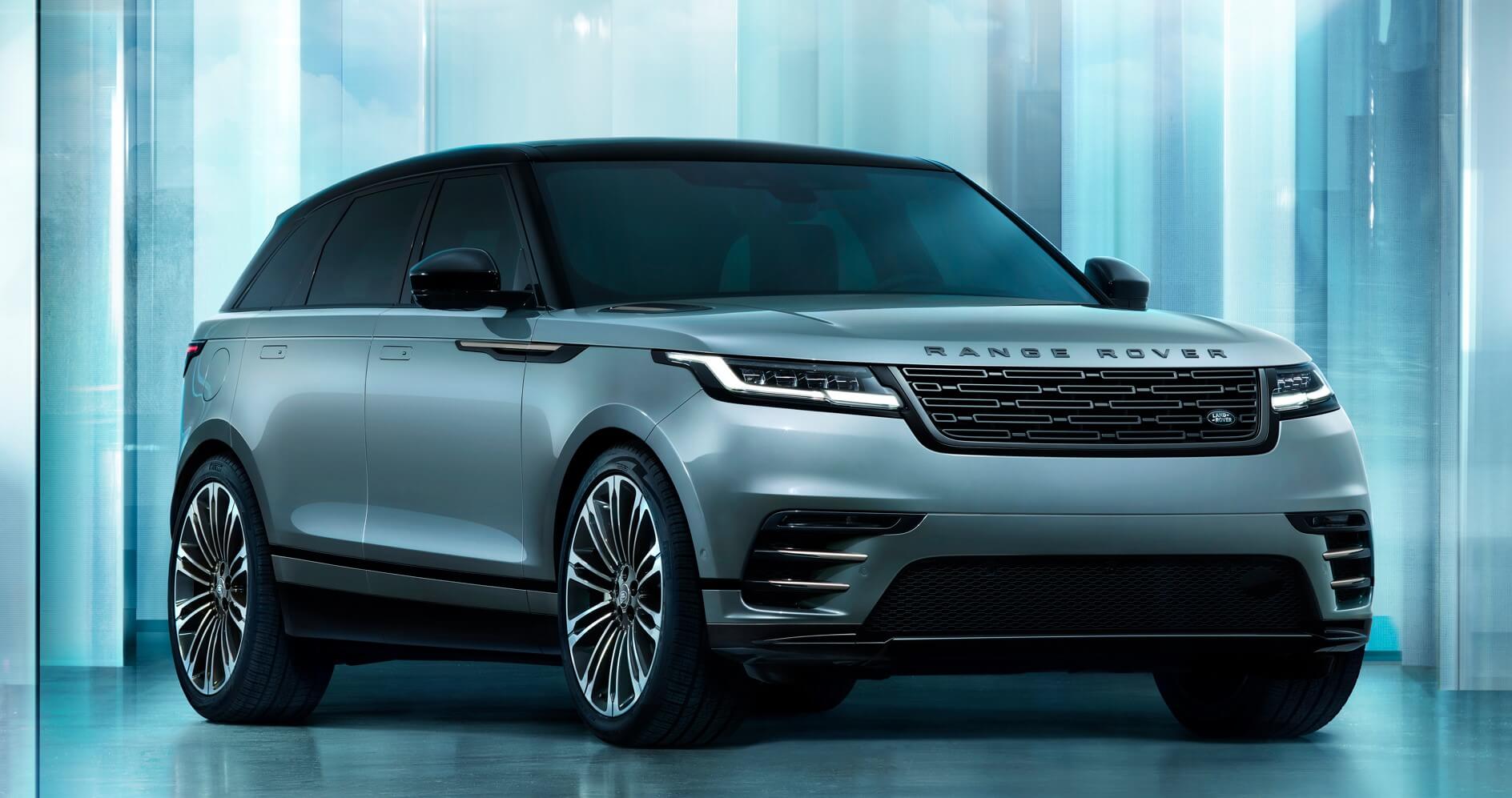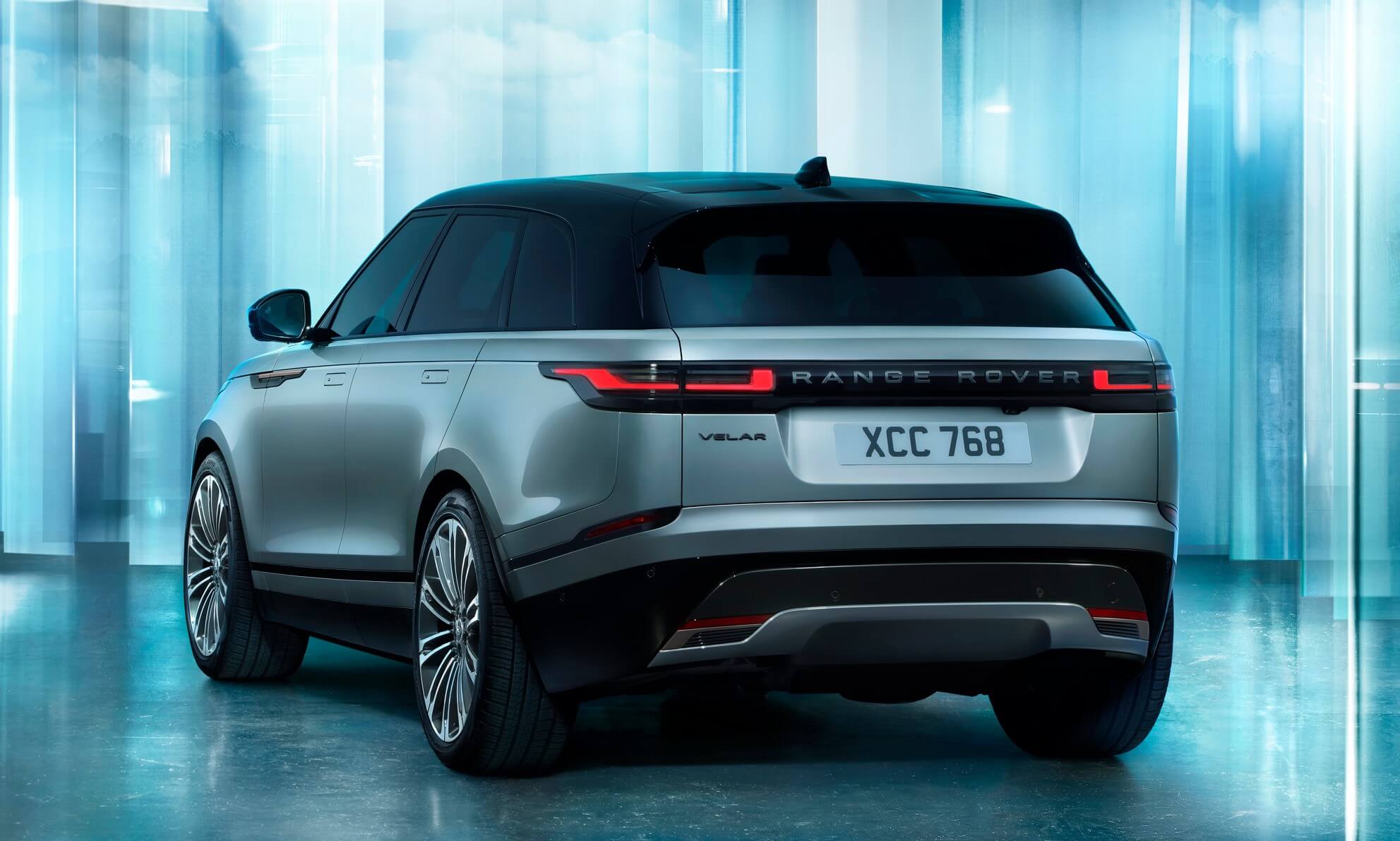JLR hails strong Range Rover sales as driver of revenues; also cuts debt and reduces backlog.
Jaguar Land Rover (JLR) posted a dramatic increase in revenue and profit and reduced its towering order backlog in the final financial quarter of 2022.
Rounding up its financial performance for the 12 months to March 2023, the Gaydon firm hailed revenues of £22.8 billion – up 25% year-on-year – off the back of a 9% increase in sales and an increase in price per vehicle.
Overall, the firm sold 321,362 cars globally last year, of which nearly 100,000 were in the fourth quarter alone – a 24% year-on-year increase. JLR boss Adrian Mardell pointed to a dramatic improvement in the supply of crucial semiconductor chips, which allowed for much higher production volumes than in the same period last year.
Full-scale production of the new Range Rover and Range Rover Sport was integral to the increase in revenue, with volumes of the pair increasing from 27,000 units in the third quarter to 33,000 in the final quarter.
The firm’s two most expensive cars, and the Slovakia-produced Land Rover Defender, still account for the vast majority – 76%, about 152,000 units – of the firm’s extensive backlog of orders, but this was cut from 215,000 to 200,000 orders over the final quarter, as production ramped up.
Profitability was still negative, but a pre-tax loss of £64 million (AUD$120 million) represents a £348 million (AUD$650m) improvement on 2022’s chip shortage-induced losses. Post-tax losses fell by £762 million (AUD$1.42 billion), to £60 million (AUD$112m).
Debt fell, too, to £3 billion (AUD$5.6bn), and the firm anticipates it will be able to take this below £1 billion (AUD$1.87bn) over the next year.
The company estimates that the supply of semiconductors will continue to improve over 2023, and “while supply challenges and macro risks remain”, it expects to grow sales volumes and ultimately achieve margins of more than 6% in 2024.
JLR CEO Adrian Mardell said: “JLR delivered a strong set of results for the fourth quarter. We increased production and delivered revenue, profit, free cash flow and wholesales growth as chip supply continued to improve.“For the fiscal year ahead, while we are mindful of the headwinds that remain, our target is to increase EBIT margins to over 6% and deliver significantly positive free cash flow to reduce our net debt further, while increasing investment to £3 billion (AUD$5.6bn).
“With the collective strength of our people, we will continue to deliver our Reimagine strategy. Demand for our exceptional modern luxury vehicles remains strong and with a pipeline of ultra-desirable electrified models on the horizon, I am excited and confident for our future.”





